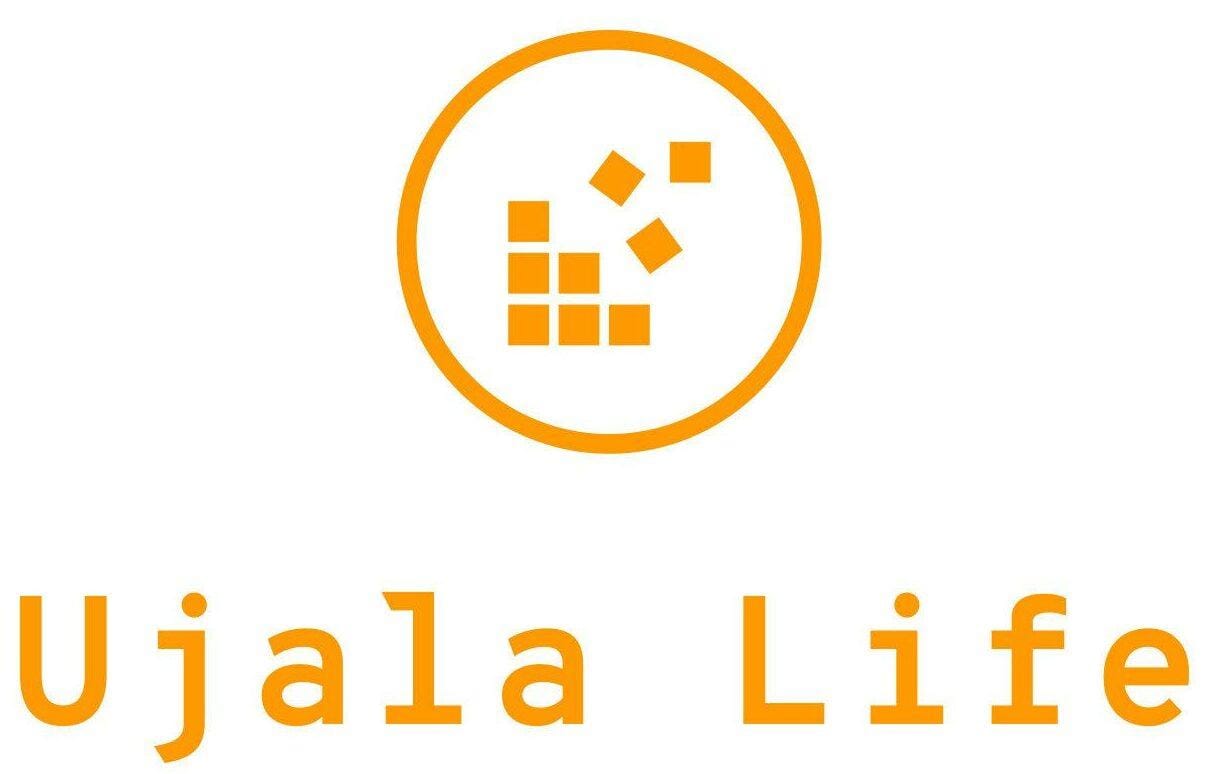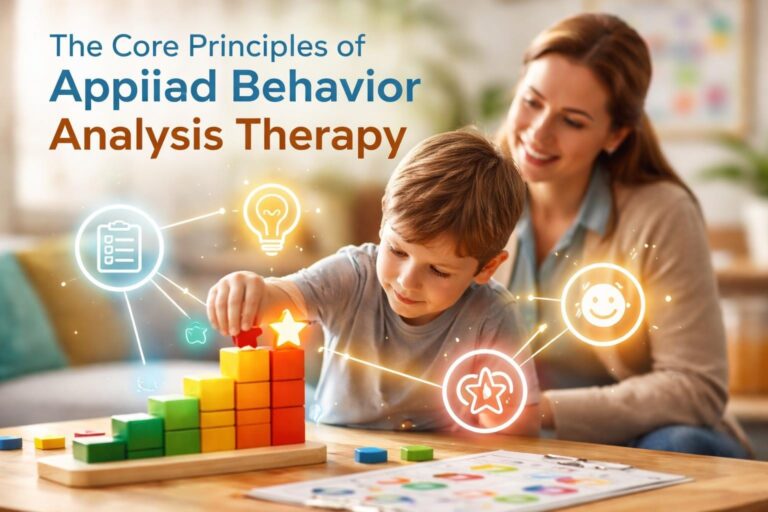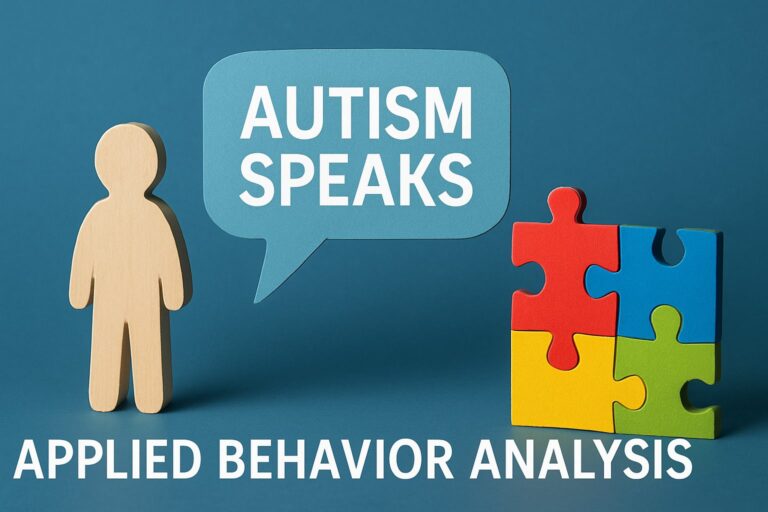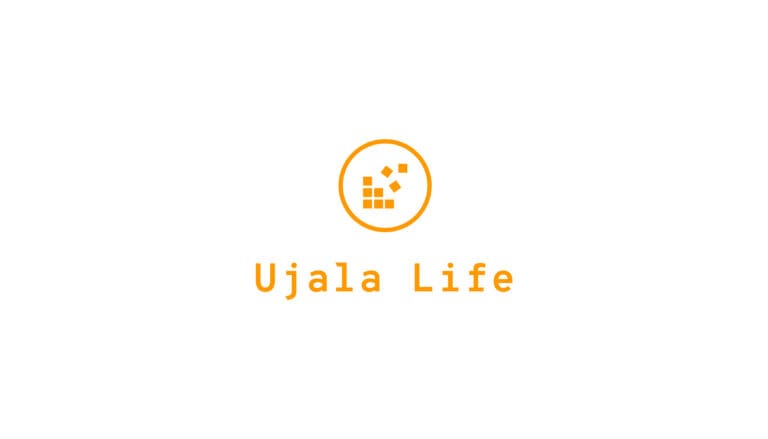Preventing Burnout: Essential Habits for Resilient BCBAs
Preventing burnout is important in any profession. In the field of Applied Behavior Analysis (ABA), there are fast paced and demanding environments. Board Certified Behavior Analysts (BCBAs) play an important role in changing a child’s behavior and life. BCBAs are committed to improving quality of life for others. This can be achieved through support. It can also be achieved through consultation. There is a level of dedication involved.
Burnout is a risk that comes with many different professions, BCBAs included. There are constant demands, both emotional and physical. High caseloads, ethical dilemmas, and responsibilities can impose pressures. These factors can leave an individual feeling exhausted and overwhelmed. Burnout can lead to reduced effectiveness, decreased job satisfaction or even leaving the field. Recognizing and addressing burnout is not only a personal concern but also a professional responsibility.
Understanding Burnout in the BCBA Profession
Burnout is more than just feeling tired after a long day. It is a constant state of mental, emotional, and physical exhaustion. Burnout is common across many health related professions.
What Makes BCBAs Prone to Burnout?
- High Caseloads and Work Demands
BCBAs typically have larger caseloads, and are constantly balancing the needs of multiple children, families, and support teams. There are treatment plans, assessments, supervision, and data that need to be collected and written. With many different responsibilities it can start to feel overwhelming.
- Emotional Labor
BCBAs must have empathy, patience, and emotional resilience to work closely with families. This job can also bring family stress, client frustration, or behavioral crisis which can take a personal toll.
- Administrative Pressures
There is more than just clinical work involved as well. There is also the added weight of administrative tasks, billing requirements, insurance demands, or organizational pressures. Balancing this can lead to added stress.
- Isolation and Lack of Support
Professional isolation often plagues BCBAs, especially those who are the only behavior analyst in their workplace. This lack of regular peer collaboration, mentorship, and supervision makes it easy to feel unsupported amidst work challenges.
- Perfectionism and Ethical Responsibility
Behavior analysts certified by the BACB adhere to a strict Ethics Code that prioritizes client welfare above all else. These rigorous expectations are essential for protecting those they serve, yet they often place significant stress on BCBAs. This pressure arises from the demand for flawless performance, often with limited support and resources.
Recognizing the Signs of Burnout
Burnout doesn’t happen overnight; it builds slowly over time. Some signs include: Emotional exhaustion, depersonalization, reduced personal accomplishment, physical symptoms, or even withdrawal. By understanding the risk factors, BCBAs can take steps to help limit burnout.
Practical Self-Care Strategies for BCBAs
Self care is a necessary step for any individual. Not only is it important for personal well-being but also for professional effectiveness. A few different strategies can be used to help with self-care.
- Personal Wellness Practices
- Physical Health: exercise, sleep, healthy eating
- Mental Health: mindfulness, therapy, journaling, hobbies
- Emotional Health: setting boundaries, recognizing triggers
- Professional Self-Care
- Managing caseloads while having realistic expectations
- Seeking mentorship, supervision, and peer support
- Continuing education
- Delegating when possible
- Work-Life Balance Tips
- Time management strategies
- Unplugging and setting clear boundaries
- Scheduling breaks and vacations
- Stress Management Techniques
- Breathing exercises and mindfulness practices
- Incorporating self-care moments
- Gratitude journaling
Building a Supportive Work Environment
Supervisors and leadership roles have an important part in helping to prevent burnout. There needs to be open communication and psychological safety techniques put in place. Also, having a culture of self-care within the workplace will help in this aspect as well. Encouraging team members to share their challenges and concerns without fear of judgement will foster a better work environment. It will also decrease the likelihood of burnout.
Long-Term Self-Care Planning
Preventing burnout is more than just daily self-care habits, it requires long-term approaches. This requires a personalized self-care plan.This plan is not about perfection and should be pretty flexible. Life is unpredictable and all plans will need to be adjusted. Nevertheless, by putting in time to create a plan, you help model healthy behavior. This protects your health in the long run.
Conclusion: Prioritizing Sustainable Self-Care as a BCBA
BCBA burnout is a critical issue. It affects individual well-being, client care quality, and organizational stability. It also impacts the profession as a whole. Burnout symptoms include extreme exhaustion, workplace cynicism, and decreased job performance.
To tackle this, prioritizing self-care, establishing firm work-life boundaries, and practicing self-compassion are vital. Employers should foster a culture of wellness by promoting breaks and aiding staff in achieving a healthy balance.
Self-care is a professional necessity, not an indulgence. Investing in your own well-being protects your health and ensures the best possible care for clients.







